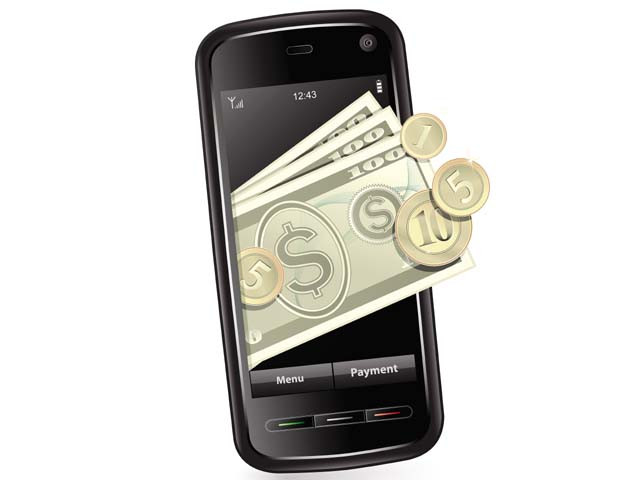Branchless banking deposits surge 170%: SBP
Number of such accounts rise 40% in Oct-Dec 2011.

The branchless banking network expanded 169% to Rs503 million in the second quarter (October-December 2011) of the current fiscal year says the Branchless Banking Newsletter issued by the State Bank of Pakistan (SBP) on Tuesday. In keeping with this increase the branchless banking network expanded 16% to reach 22,512 agents covering the entire length and breadth of the country.
According to the publication, the number of branchless banking accounts increased by 40% to 929,184 in October-December 2011 compared to the previous quarter.
The total number of branchless banking transactions surged by 30% to 20.6 million for the period under review. The value of transactions rose 35% to Rs79,410 million.
Average size of branchless banking transaction was Rs3,855 while average number of daily transactions was 228,855. “This shows that mobile phone technology and agent-based banking are helping access to financial services by the hitherto unbanked poor,” the Newsletter said, adding by the end of December 2011, more than 929,000 customers had been registered as m-wallet users.
According to the Newsletter, innovative branchless banking models have been penetrating all areas of payments such as utility bills, government-to-persons (G2P), persons-to-persons (P2P) payments while scaling up other services relating to deposits and loans.
Bill payments and top-ups remained the dominating activity in the quarter with a 53% share in total numbers, followed by fund transfers and deposits with share of 39% and 8% respectively.
Published in The Express Tribune, March 14th, 2012.



















COMMENTS
Comments are moderated and generally will be posted if they are on-topic and not abusive.
For more information, please see our Comments FAQ